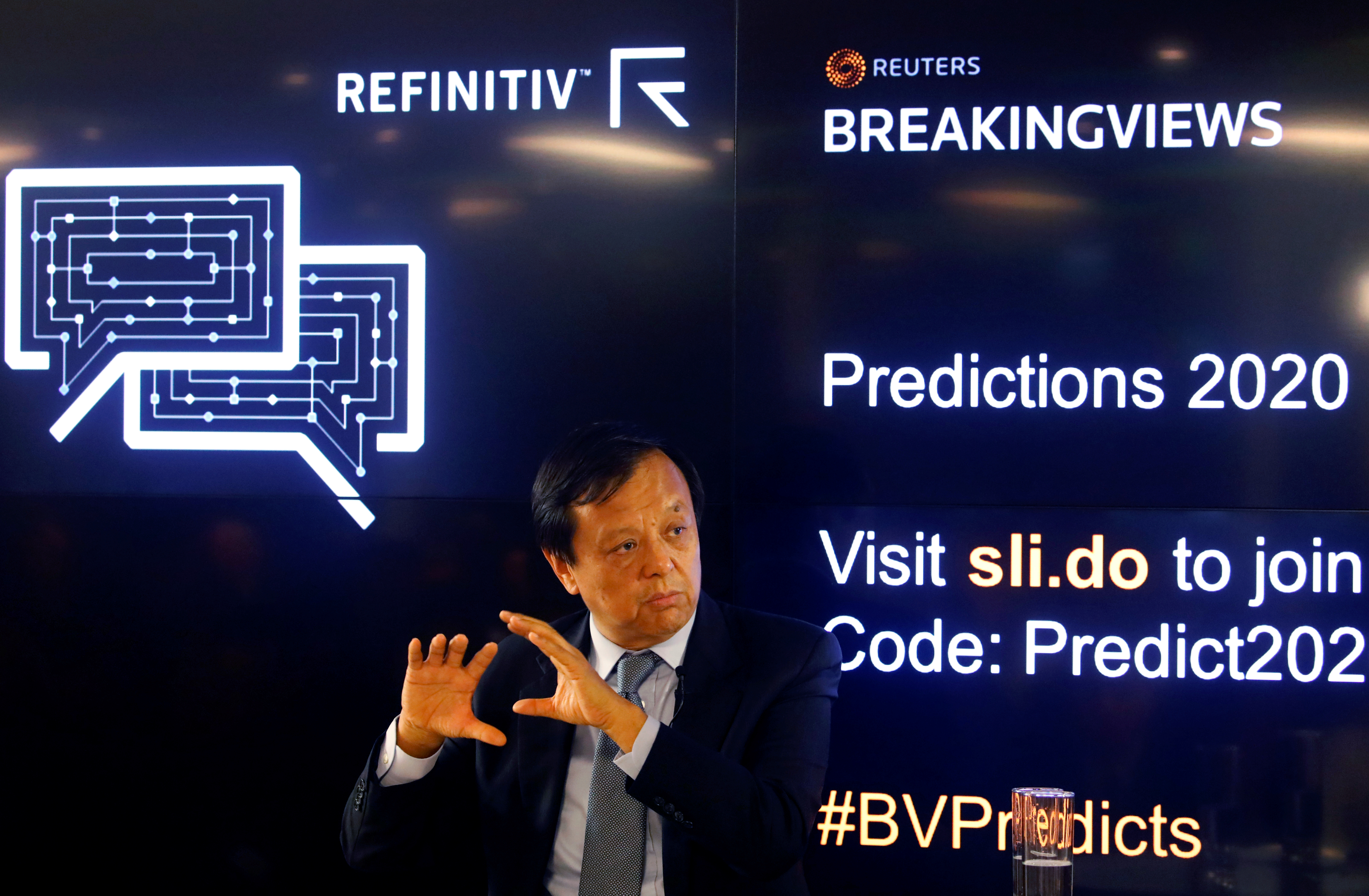The rising tensions between China and the United States are creating anxiety for Hong Kong, said Hong Kong Exchanges and Clearing Chief Executive Charles Li said on Thursday.
The Sino-U.S. frictions have risen in recent months as the United States was unhappy with China’s handling of the coronavirus outbreak and a new security law on Hong Kong.
“Whether this geopolitical split is permanent and how serious and how intensive it’s going to get and how far apart they’re going to get (or) what the potentials for conflict are – all of these issues are creating a tremendous amount of anxiety for Hong Kong,” Li said at the online HKEX Commodities Forum.
U.S. President Donald Trump on Tuesday ordered an end to Hong Kong’s special status to punish China for enacting a new national security law for the former British colony, prompting Beijing to warn of retaliatory sanctions.
Li said the U.S. action will not fundamentally change Hong Kong.
“I … (am) convinced that while it is not something we wanted, it is not something we look forward to, it is something today we have to live with,” he said.
READ MORE: US-China friction hammers sentiment, SMIC HK shares crash
The new security law “finally brought the city into peace and order after the turbulent 2019”, but also raised questions and anxiety amongst the international community there, Li said, stressing the success of the “one country, two systems” model.
“China needs to have confidence that Hong Kong is going to be part of China, not challenging that sovereignty.”
On the other hand, he added that it is the “two systems” that allows Hong Kong to play an important role for both China and the international community.
Hong Kong’s new security law imposed by Beijing punishes what China broadly defines as subversion, secession, terrorism and collusion with foreign forces with up to life in prison.
Critics of the law fear it will crush the wide-ranging freedoms promised to the former British colony when it returned to Chinese rule in 1997, while supporters say it will bring stability to the city after a year of sometimes violent anti-government protests.
























